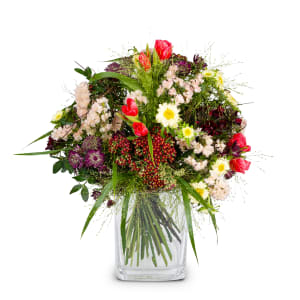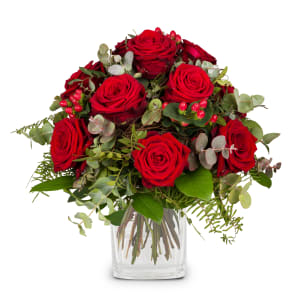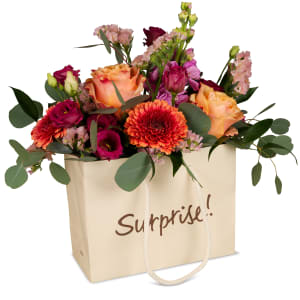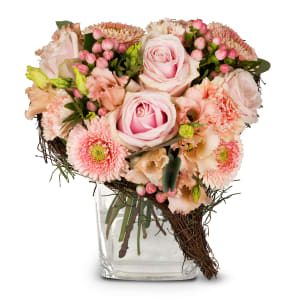New Year celebrations in other religions and cultures
There is not only our beginning of the year. Other cultures or religions
have dates and traditions that differ from ours. An exciting topic.
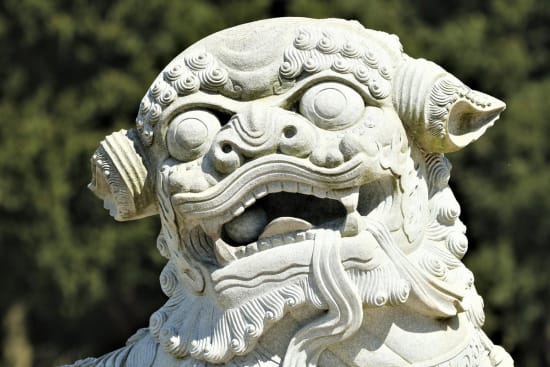
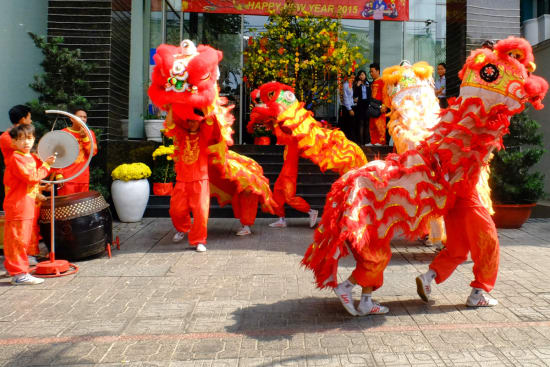
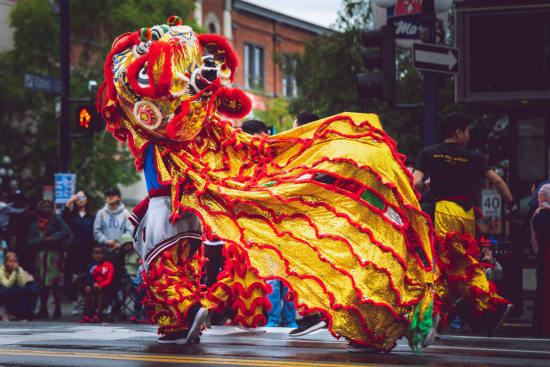




Chinese New Year - with fireworks against the monster Nian
Since New Year's Day is calculated according to the traditional Chinese lunar calendar, it falls on a new moon between January 21 and February 21. An old legend says that a man-eating monster called Nian came out of the mountains every year to satisfy its hunger. Because the beast was afraid of red and loud noises, people still light fireworks and decorate
everything in shades of red during the traditional expulsion of the monster.

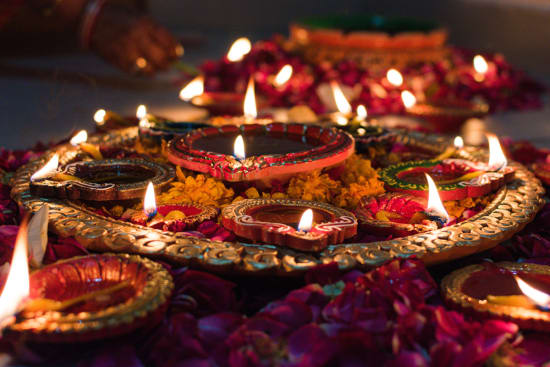




Hindu New Year - different depending on the country
Hindus celebrate the turn of the year differently depending on the country. For example, with the Makara Sankrati festival, which takes place around mid-January. On this day, thousands of devotees gather at the mouth of the Ganges River to pray and immerse themselves in the sacred waters. In Vietnam, the New Year is called «Tết Nguyên Đán». It takes place between January 21 and February 21 and is also the beginning of spring. Nepalese Hindus, on the other hand, welcome the New Year with Navavarsha in the second week of April. Finally, Hindus in northern India celebrate the beginning of the year as well as the start of a new financial
year with the festival of lights Divali, which takes place in late October.
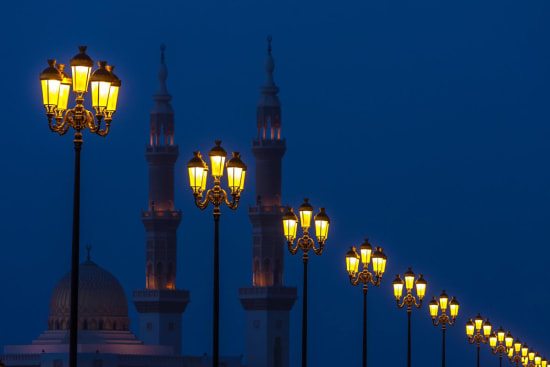
Islamic New Year - contemplative
The Islamic New Year is very important to Muslims.
This is because the Prophet Muhammad walked from Mecca to Medina on this day in 622. Since the Islamic New Year is based on the lunar calendar, it is celebrated on a different day every year. For Shiites and Alevi, the fasting and mourning period starts on this day. For Sunnis, the beginning of the new year is also a time of reflection and repentance. People give each other sweets on New Year's Day, give alms to the needy and tell each other stories about the Prophet Muhammad.
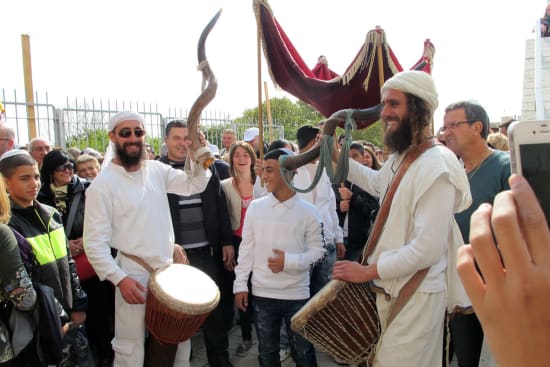
Jewish New Year - represents the anniversary of the creation of the world
For the Jews, New Year's Day is called Rosh Hashanah and the New Year's greeting is «Shanah Tovah». The holiday takes place in September or the first half of October and, according to the Talmud, represents the anniversary of the creation of the world and the creation of Adam. The shofar (a ram's horn) is blown in celebration. After Rosh Hashanah, the «Ten Days of Repentance» begin, during which one reflects on one's actions in the past year and tries
to mend one's ways, and then celebrates the Day of Atonement, Yom Kippur.

New Year in Persian cultural area - in spring for more than 3000 years
Nowruz (translated as «New Day») is the New Year and spring festival celebrated in the Persian cultural region on the day of the spring equinox. This includes people in Iran, Afghanistan, and Tajikistan. This beginning of the year was introduced in the 6th century BC
under the Achaemenids and is still celebrated by more than 300 million people.

Thai New Year - with spotless apartment into the future
Songkran is the name of the traditional New Year festival of the Tai people, which is celebrated from April 13-15 in Thailand, Laos, and Cambodia. On the eve of the beginning of the year, the homes are cleaned. And on the first holiday, families head to temples to offer rice and fruit. In the afternoon, the Buddha statues are subjected to ritual washing by the temple ruler. In many cities, the Buddhas are driven through the city in a procession
to also give believers the opportunity to sprinkle the Buddhas with water.
More about New Year's Eve & New Year
Lucky charms & Co. on New Year's Eve
Most New Year's Eve and New Year's customs are about luck, money, and love. There are many fun traditions around the world. Enjoy reading!
All about Lucky Clover
What does the Lucky Clover symbolize? Why do people give it as a gift on New Year's Eve? What made it so popular with the Druids? And why was it so popular among the people? Here are the answers.
Exciting New Year's events
Impressive, atmospheric, loud, picturesque, or simply beautiful: here you will find the most exciting events around the turn of the year.
New Year wishes in other languages
Friends and acquaintances scattered all over the world? And feel like wishing them a happy new year? Here you will find the right words.
New Year celebrations in other religions and cultures
There is not only our beginning of the year. Other cultures or religions have dates and traditions that differ from ours. An exciting topic.
Symbolic gifts for the end of the year
Gifts are expected at Christmas. At the turn of the year, they are rather rare - and therefore even more beautiful. Let us inspire you.
The most beautiful New Year greeting texts
If you are missing the right words for the turn of the year, here are our suggestions for heartfelt, encouraging, and inspiring card texts.


